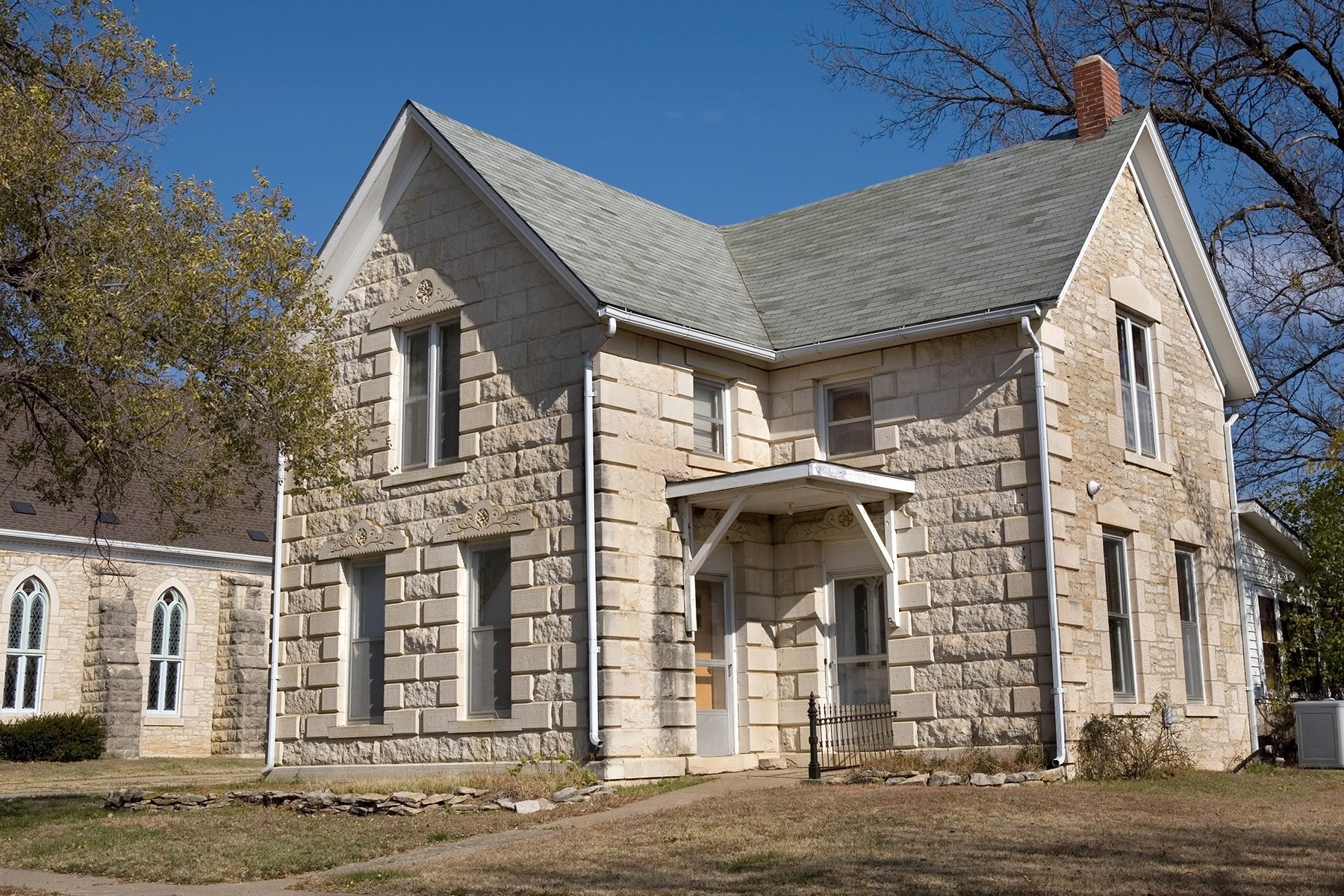Get rid of that funky smell once and for all.

Old House Smell: What Causes It and How To Get Rid of It

Some of the best deals in real estate are fixer-upper homes in need of repairs or updating. I only buy fixer-upper homes, and have visited many in various states of disrepair over the years. While each home was different, they almost all shared a musty, stale smell I’ve dubbed ‘old house smell.’ The odor can make a home very unappealing and turn off hopeful buyers. But don’t count an otherwise solid home out just because it suffers from an old house smell.
Ahead, learn about the likely causes and ways to remove this unwanted smell with Michael Sacenti from American Healthy Homes and realtor Beatrice de Jong.
On This Page
What Causes That Old House Smell?
Older homes can develop a distinctive, musty smell over time, especially if unoccupied and closed up for any length of time. Both experts agree that the main cause of old house smell is unresolved moisture issues in the home. “Musty is another word for mold,” Sacenti says. He points to high humidity levels in the basement or slow plumbing leaks as primary culprits of mold and mildew, which largely contribute to old house smell. Other causes include years of accumulated dust in carpets and HVAC systems, cigarette or fire smoke and pet urine. When these musty smells are trapped in a home with poor ventilation, this can lead to an old house smell.
Tips to Get Rid of Old House Smell
Improve ventilation
The first thing to do is to get some fresh air into the home. “Open windows and doors and use fans to increase airflow and bring in fresh air, which can help dissipate the smell,” de Jong says. This step is free and can begin to make a difference right away.
Address humidity levels
Humid basements are prime areas for mold to develop and grow, so if you’re combating old house smells, start here. “Fifty to sixty percent of all basement air goes straight up into the house,” Sacenti says, so if the basement smells, the house will smell too. A dehumidifier should be used in the basement or crawl space to keep humidity levels below 50, preventing mold spores from growing.
Repair any plumbing leaks
Inspect the home for plumbing leaks, or hire an inspector to look for you. Look under sinks, below and around showers and tubs, in the basement and in the attic. “Inside sink vanities is a prime spot for mold growth if there’s a plumbing leak,” Sacenti says. “There’s moisture, darkness and organic matter, which are perfect conditions for mold to grow.”
Remove Mold
Areas of mold greater than 10 sq. ft. should be treated by a mold remediation company. For smaller areas, wear gloves and a mask, then scrub hard surfaces with a 50:50 solution of water and white vinegar. Moldy soft surfaces like drywall, rugs and ceiling tiles will need to be removed and discarded.
Clean the Carpets
If the home has wall-to-wall carpeting, these will absorb and trap odors. Even if you remove mold sources and improve ventilation, the smell may persist unless you remove or deep clean the carpets. “Try sprinkling baking soda on the carpet, letting it sit and then vacuuming it up,” de Jong says. “If the odor persists, consider hiring a professional to deep clean or shampoo the carpets.”
Paint the Walls
Like carpets, walls can also absorb smells. “Applying a fresh coat of paint can help not only freshen up the look of your home but also mask lingering smells from previous occupants,” de Jong says. Before painting, apply an odor-blocking primer like Kilz Restoration.
Use Scented Solutions
When you’ve neutralized the smell with the above tips, you can add some pleasant smells to the home. “Burn scented candles or use an essential oil diffuser to freshen up the space,” de Jong says.
About the Experts
- Michael Sacenti owns American Healthy Homes. He has 10 years of experience in the mold remediation industry and 40 years experience in real estate maintenance.
- Beatrice de Jong is a real estate broker with Beverly Hills Estates in Los Angeles, California. Ms. de Jong previously worked for Open Listings as the Director of Residential Sales and OpenDoor as a Consumer Trends Analyst. She has over ten years experience in the real estate industry.




















